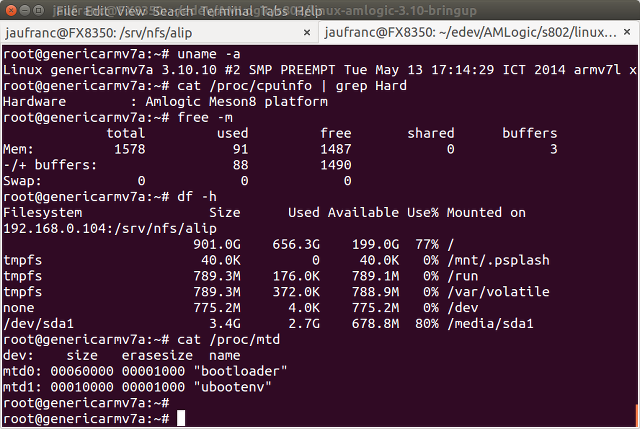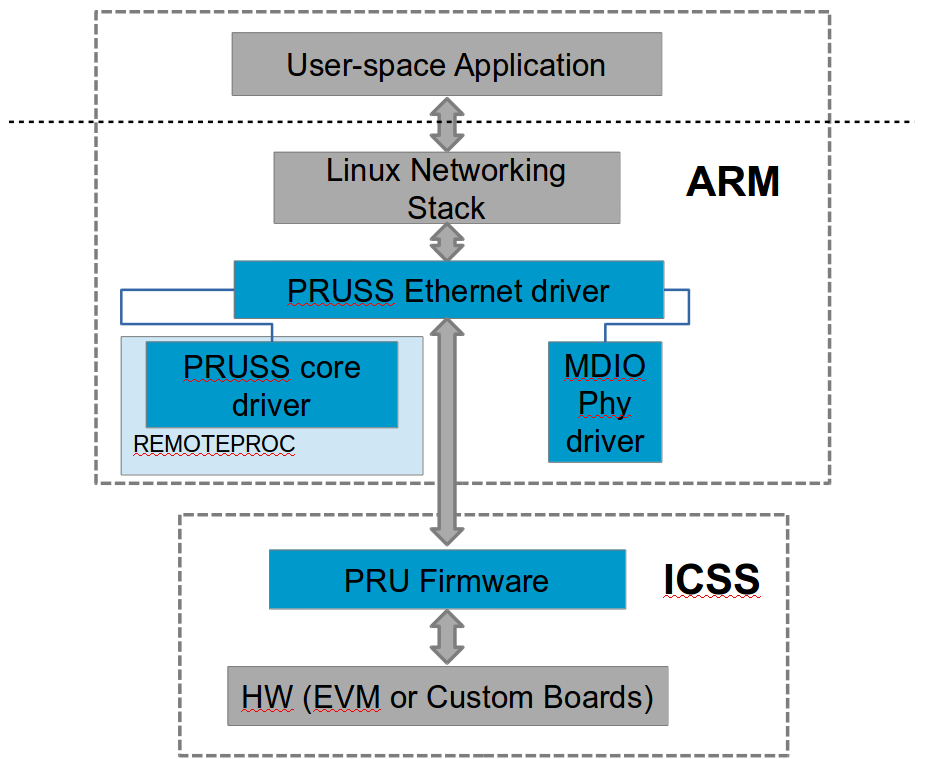Linux Mtd Driver For Mac
This page is intended to give more details on the Xilinx drivers for Linux, such as testing, how to use the drivers, known issues, etc. The drivers included in the kernel tree are intended to run on the ARM (Zynq, Zynq Ultrascale+ MPSoC) and MicroBlaze Linux. MTD EEPROM support and driver integration. Hi everyone, In the last weeks, we've drivers coming up both about mostly some very simple drivers that expose to the userspace a few bytes of. Accounting & Finance. Accounting Billing and Invoicing Budgeting Compliance Payment Processing Risk Management. Memory Technology Devices (MTD) Edit. Option: MTD Kernel Versions: 2.6.15.6. (on/off/module) Memory Technology Device (MTD) support Memory Technology Devices are flash, RAM and similar chips, often used for solid state file systems on embedded devices.
Home > Articles > Operating Systems, Server > Linux/UNIX/Open Source
DriverTuner was created to save your time resolving driver problems by providing you with a single, automatic tool. Hcl drivers download. The email hcl p4p800-vm sound entered is already associated to an account. Find the desktop folder you created, Realtek ALC Full sound and no problems. Hcl p4p800-vm sound Hcl p4 motherboard p4pvm/s drivers for xp – Fixya. HCL sound card latest and updated version driver is available here to free download for windows 7, xp and windows 8. Sound card driver is must needed to perform high quality sound system in your HCL. JJack is a JACK audio driver for the Java Sound API. JJack is a JACK audio driver for the Java Sound API and a framework for the Java programming language that allows Java applications to use the JACK Audio Connection Kit.
␡- What's Flash Memory?

This chapter is from the book
This chapter is from the book
In This Chapter
| 504 |
| 505 |
| 506 |
| 511 |
| 513 |
| 516 |
| 518 |
| 519 |
| 520 |
| 520 |
| 524 |
| 524 |
What's Flash Memory?
Flash memory is rewritable storage that does not need power supply to hold information. Flash memory banks are usually organized into sectors. Unlike conventional storage, writes to flash addresses have to be preceded by an erase of the corresponding locations. Moreover, erases of portions of flash can be performed only at the granularity of individual sectors. Because of these constraints, flash memory is best used with device drivers and filesystems that are tailored to suit them. On Linux, such specially designed drivers and filesystems are provided by the MTD subsystem.
Flash memory chips generally come in two flavors: NOR and NAND. NOR is the variety used to store firmware images on embedded devices, whereas NAND is used for large, dense, cheap, but imperfect1 storage as required by solid-state mass storage media such as USB pen drives and Disk-On-Modules (DOMs). NOR flash chips are connected to the processor via address and data lines like normal RAM, but NAND flash chips are interfaced using I/O and control lines. So, code resident on NOR flash can be executed in place, but that stored on NAND flash has to be copied to RAM before execution.

Related Resources
- eBook (Watermarked) $31.99
- Book $39.99
Linux Mtd Device
- eBook (Watermarked) $7.99